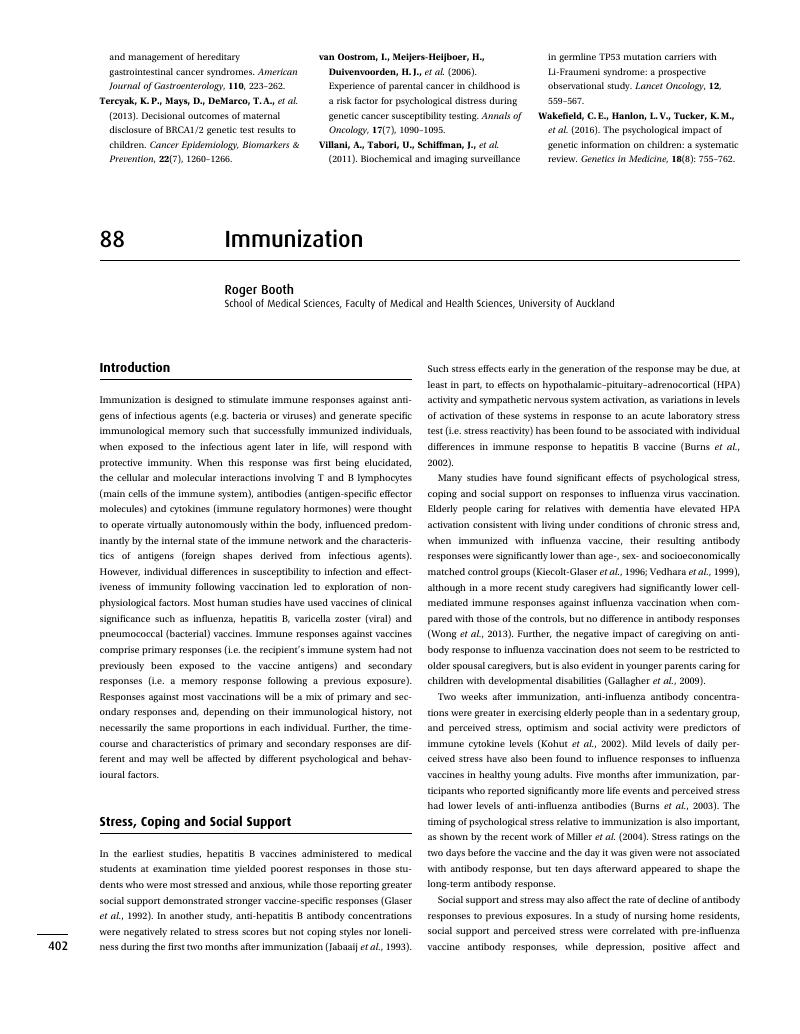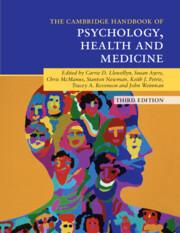Book contents
- Cambridge Handbook of Psychology, Health and Medicine
- Cambridge Handbook of Psychology, Health and Medicine
- Copyright page
- Contents
- Contributors
- Preface
- Part I Psychology Health and Illness
- Part II Medical Topics
- Section 1 Prevention and Screening
- 87 Genetic Testing
- 88 Immunization
- 89 Screening
- 90 Screening: Antenatal
- 91 Screening: Cancer
- 92 Screening: Cardiac
- Section 2 Medical Conditions and Symptoms
- Section 3 Treatment and Care
- Index
- References
88 - Immunization
from Section 1 - Prevention and Screening
Published online by Cambridge University Press: 05 June 2019
- Cambridge Handbook of Psychology, Health and Medicine
- Cambridge Handbook of Psychology, Health and Medicine
- Copyright page
- Contents
- Contributors
- Preface
- Part I Psychology Health and Illness
- Part II Medical Topics
- Section 1 Prevention and Screening
- 87 Genetic Testing
- 88 Immunization
- 89 Screening
- 90 Screening: Antenatal
- 91 Screening: Cancer
- 92 Screening: Cardiac
- Section 2 Medical Conditions and Symptoms
- Section 3 Treatment and Care
- Index
- References
Summary

- Type
- Chapter
- Information
- Cambridge Handbook of Psychology, Health and Medicine , pp. 402 - 403Publisher: Cambridge University PressPrint publication year: 2019



